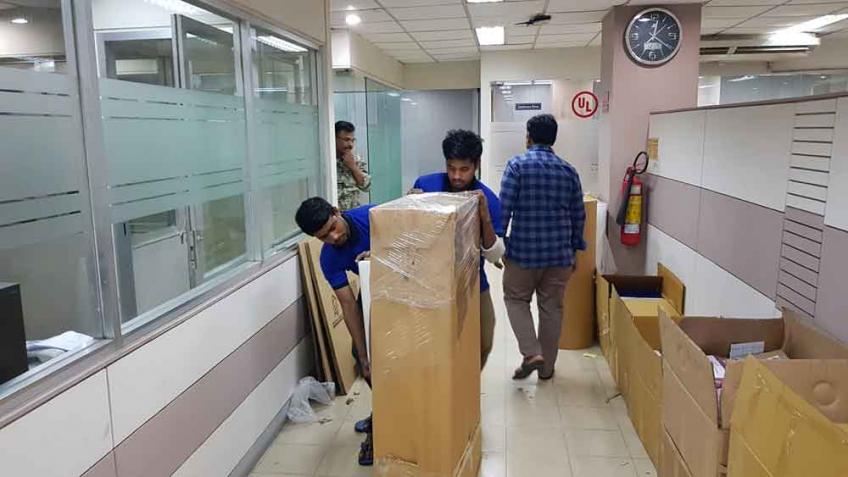Plywood Industrial Wooden Boxes | 01798111222
Plywood industrial wooden boxes are a vital part of logistics, transport and storage industries, due to their robustness, reliability and economical nature suitable for shipping most commodities. Made from durable plywood nature’s dependable material for strength, flexibility and output built to resist cracking, shrinking or warping these boxes provide an essential watertight system to help protect shipments. This in-depth boats showcase industrial wooden box plywood significance, manufacturing processes, advantages and sustainability fact of plywood boxes as well as the upcoming challenges and innovations faced by this important space.
Plywood is a material manufactured from thin floor-layer slices of wood veneer, the layers are glued with the wood grain in a perpendicular direction to each other, thus making it stronger and more Eco-friendly. These properties are used in plywood industrial wooden boxes, which offer better protection of goods ranging from heavy machinery to electronics that require exceptional protection.
Key Steps in Manufacturing Plywood Industrial Wooden Boxes

Veneer production: logs are turned against a blade to peel off thin layers of wood, which produces veneers.
Drying and Grading: The veneers are dried and then separated according to their quality.
Gluing and Stacking: An adhesive is applied over the surface of venires, and they are placed in layers with each layer perpendicular to its adjacent top and bottom veneer.
Pressing process: The veneers are loaded into a press at high temperature and pressure, fusing them to form solid plywood sheets.
Cutting & Assembly: The plywood sheets are cut into size and assembled in box shape, usually it comes with additional features such as handles, locking mechanisms or designed for certain goods.
Benefits of using Plywood Industrial Wooden Boxes
Sturdiness: Aside from the appearance of plywood, this material can withstand impact and heavy loads as a result of its cross-grained structure. This makes these boxes perfect for transporting heavy and valuable items.
Lightweight: Plywood is a lighter alternative than solid wood, which helps reduce shipping costs and makes it easier to carry while working with it.
Flexibility: Packing and Shifting Company plywood boxes can be highly customized to meet any dimensions and needs, including custom protective designs.
Sustainability: Plywood can be created from fast-growing, lower valuable trees and it can even consist of recycled material, making it a more sustainable choice over solid timber.
Environmental concerns and sustainability
Plywood box industry is now focusing more on sustainability by using practices like:
Using Certified Plywood: Employing plywood derived from sustainably managed forests that have been certified by the Forest Stewardship Council (FSC) or similar organizations.
Recycling and Reusability Make boxes ergonomic in such a way that they can be used again as reusable packaging. They should also be easily disassembled for recycling when the box has reached the end of its lifecycle.
Minimizing waste: The advanced manufacturing process minimizes the size of wastage by optimizing cutting pattern and recycling offcuts and sawdust.
Challenges in the Industry
Having these advantages plywood industrial wooden boxes face some challenges as follows:
Pricing Volatility: Plywood is subject to cost changes that can be affected by raw material availability and demand dynamics. This makes it hard to keep the prices of plywood boxes stable.
Compliance with Regulations: When plywood boxes are used to ship goods internationally, they must be treated against pests; the regulations on which differ in strictness and nature from country to country.
Alternatives pose Competition: Plywood boxes has competition with plastic, metal and corrugated cardboard based packaging materials every of them has its own advantages.
Innovations and Trends
In order to tackle these challenges and adapt to changing market needs, the industry is embracing innovations like:
High Performance Coatings: Coating to improve moisture resistant, durability and longevity of wooden boxes.
Smart Packaging Solutions: RFID Tag Integration, Used For Tracking & Inventory Management Improving Logistics Efficiency
Lite Beam: Creating lighter, stronger plywood composites and construction methods to reduce shipping cost/weights while increasing durability.
Conclusion
Plywood industrial wooden boxes are a critical component of the global supply chain, providing the perfect combination of strength, versatility and sustainability to meet a variety of shipping and storage needs. Despite the challenges of cost, regulation and competition that are still facing the industry, continuous developments in materials, design and technology cab assure us more efficient, sustainable and economical plywood packaging options in the future! Focusing on green practices and new unique trends in the global business scenario, plywood box will always remain an indispensable industry which helps in safe and sound packing & transportation of goods internationally.

